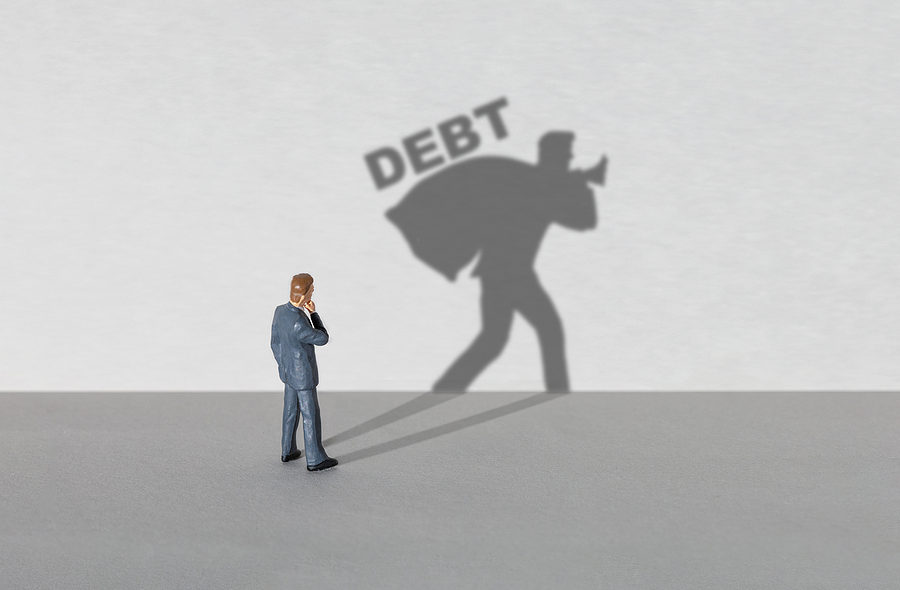By the time an individual reaches the point of filing for bankruptcy, he or she is likely inundated with all types of consumer debt, ranging from medical debt to credit card debt and possibly, tax debt. While a consumer bankruptcy case will eliminate a large portion of this debt, tax debt is not normally included in this list.
Taxes fall into the category of “non-dischargeable priority debt,” which means that the bankruptcy case will not eliminate them. Additionally, repayment of these claims is given priority over other creditors’ claims. However, circumstances do exist where tax debt can be discharged with a bankruptcy filing, but certain requirements must exist before that can happen.

